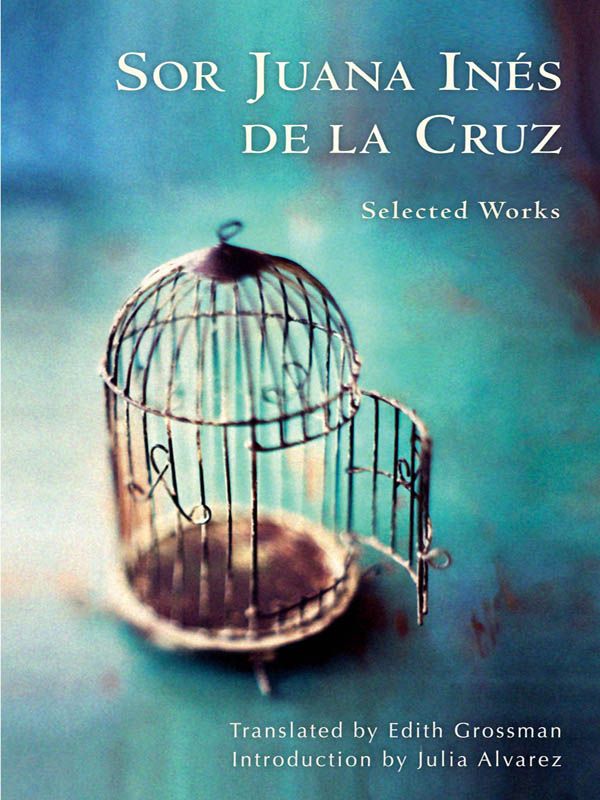
Sor Juana Inés de la Cruz
Selected Works
- اطلاعات
- نقد و بررسی
- دیدگاه کاربران
نقد و بررسی

August 18, 2014
The first great poet to use a European language in the New World, Sor Juana (1651–1695) wrote elaborate, melancholy ballads, witty praise poems, tortured sonnets of love and mourning, dream-visions, allegories of empire and religion, barbed jokes, and vivid stage plays. Known in her day for her scholarly gifts as well as her poetic powers, the nun remains influential with Spanish-speaking and Latina writers today. Grossman—renowned translator of García Márquez, Cervantes, and other Spanish fiction—remains true to the meters and syllabic patterns, but not to the rhymes, in Sor Juana’s originals. While her accuracy is beyond question, her ear for verse can falter: in a love sonnet, Grossman’s Sor Juana says “I conceive her great beauty as something so/ sacred that audacity does not wish/ to give the slightest opening hope.” The absence of facing-page Spanish puts additional pressure on Grossman’s English sounds. Though the poetry fascinates, the most impressive part of this compact selection might be the prose at the end: Sor Juana’s famous 50-page defense of her life, her studies, and her writings against antifeminist currents in the Church. This careful book may ignite new attention to Sor Juana in English, for which Grossman will deserve even more praise.




دیدگاه کاربران